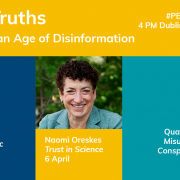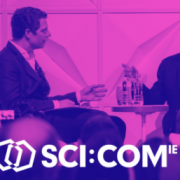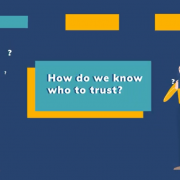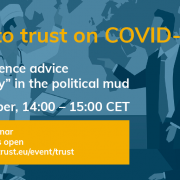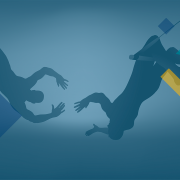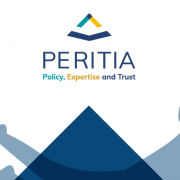ALLEA is pleased to share a PEriTiA Call for Papers for the upcoming international workshop “Social Indicators of Trust in Experts” to be held in Paris on 1-2 October 2020. The deadline for submission of abstracts has been extended to 30 April. The aim of this event is to help understand what informal social indicators people use in order to evaluate the trustworthiness of experts.
PEriTiA International Workshop: Social Indicators of Trust in Experts
Date: October 1-2 2020
Organizer(s): Gloria Origgi and Ty Branch, PEriTiA
Location: Paris, Institut Jean Nicod, Ecole Normale Supérieure (ENS)
Keynote speakers: Dan Sperber, Mark Alfano, Cristina Bicchieri
Call for Papers
When we are not competent enough ourselves, we rely on experts to advise us and to act in our best interest, with the vulnerability involved in such a dependence on the competence and goodwill of others. How do we evaluate the trustworthiness of experts? Since we appeal to experts when we lack relevant epistemic competence, we cannot judge their trustworthiness on direct epistemic grounds. Reliance on experts and appeal to their domains of expertise extends well beyond traditional measures of impact, authority, and ranking. Formal indicators are complemented by informal social indicators (quality, credibility and trustworthiness), which work as cues of reputation that are distributed in a social environment.
The aim of this conference, as part of the EU funded project PEriTiA – Policy, Expertise, and Trust in Action, is to help understand what informal social indicators people use in order to evaluate the trustworthiness of experts. Among the informal social indicators there are emotions, gossip, authority, social status and the biases that underscore them. For example, when lay persons rapidly estimate the credibility of a doctor, they rely on informal social indicators like recommendations from trusted individuals (word-of-mouth), perceived social prestige (social status), and emotional response to the doctor. Such examples show how social indicators can combine and conflict in expected and unexpected ways, the consequences of this socially shaped reliance on expertise, and their overall social impact.
On the subject of informal social indicators, we welcome theoretical and empirical contributions (including case studies) addressing epistemic, normative and practical aspects of trust in experts. Questions/topics for consideration include, but are not limited to:
- How do people use reputation in order to establish the epistemic credibility of experts?
- What is epistemic authority and when is it reasonable to attribute it to experts?
- How status relations influence the credibility of experts?
- To what extent can gossip be a reliable way of extracting information from an epistemic social environment?
- What are the social biases that participate into the formation of credibility deficits of a group?
- What are the emotional aspects that influence the attribution of epistemic authority and status to experts?
Papers will be presented in sessions of 40 minutes and a selection of papers will be published in a journal.
Abstract submission details
We invite abstracts of 500-1000 words by 30 April 2020.
Abstracts should be sent to SocialIndicatorsParis2020@gmail.com.
Information regarding acceptance should be available by mid-May.

